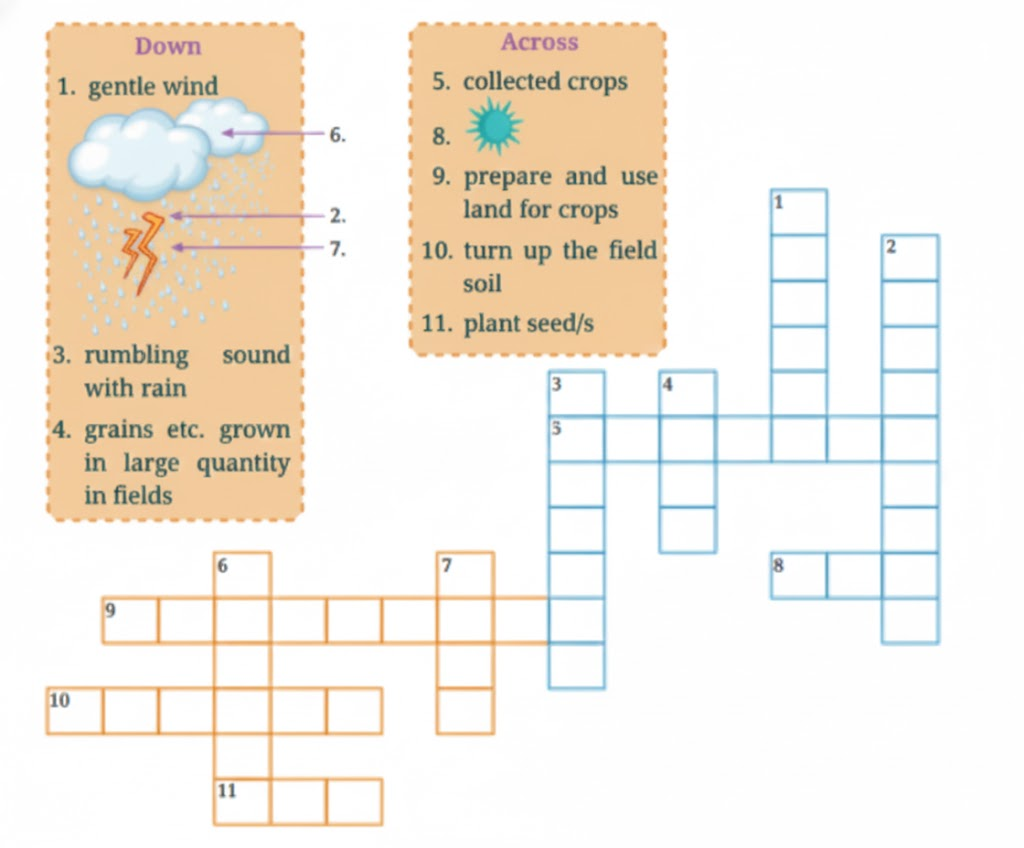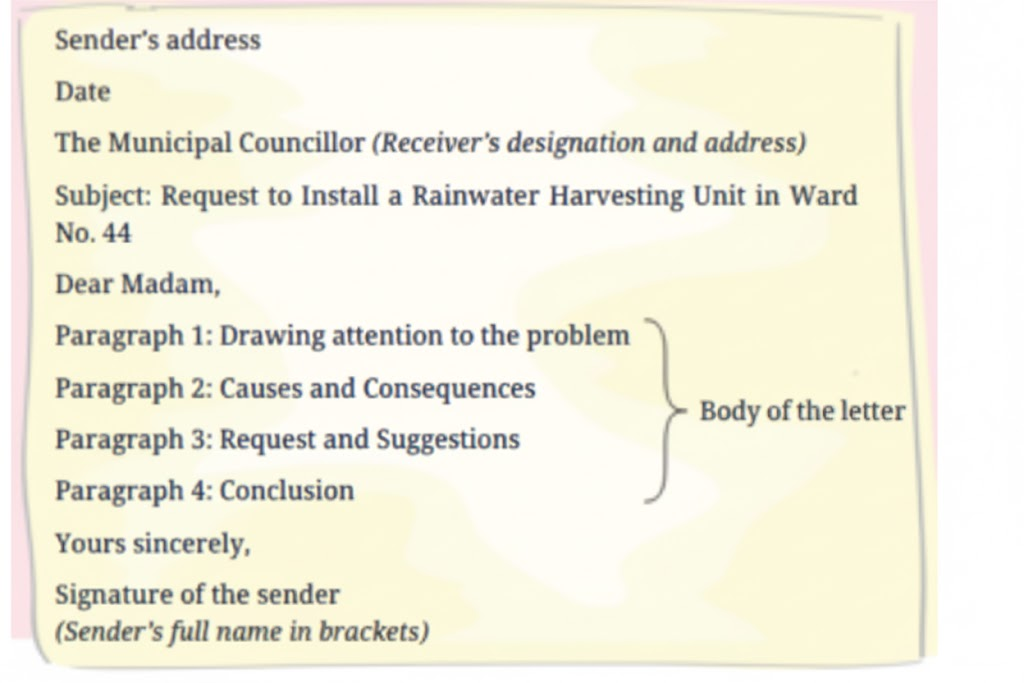Stepwise Solutions & Important Questions – Waiting For The Rain Class 8
FAQs on NCERT Solutions For Class 8 English Chapter 12 Waiting For The Rain (2025-26)
1. What is included in NCERT Solutions for Class 8 English Poorvi Chapter 12 – Waiting For The Rain?
NCERT Solutions for Class 8 English Poorvi Chapter 12 – Waiting For The Rain include step-by-step solutions for all exercises in the chapter, tailored for the latest CBSE syllabus.
Key features:
- Complete answers to intext and back exercises
- Clear, exam-ready explanations for every question
- Important definitions, key points, and sample long answers
- User-friendly format with free PDF download
- Aligned with CBSE Class 8 English 2025–26 pattern for full marks
2. How to write stepwise NCERT answers to score full marks in Class 8 English Poorvi Chapter 12?
To score full marks in Class 8 English Poorvi Chapter 12 answers, present your solutions stepwise, following the CBSE marking scheme.
Tips:
- Begin with a direct answer to the question
- Support with relevant examples or references from the story
- Highlight key words and phrases used in the textbook
- Structure long answers in points or small paragraphs
- Incorporate definitions or maps/diagrams if needed (as per question)
3. Which questions are likely from this chapter in CBSE exams?
CBSE often selects questions from both intext and back exercise sections of Waiting For The Rain.
Common types include:
- Short answers based on character actions and events
- Long answer/Value-based questions on themes or lessons
- Word meanings, definitions, and usage
- Reference to context/extract-based questions
- Map or diagram labelling if relevant
4. Are diagrams or definitions mandatory in answers for Class 8 English Poorvi Chapter 12?
Diagrams or definitions are required only if the question specifically asks for them in Class 8 English Poorvi Chapter 12.
Follow these guidelines:
- Use definitions for important terms when asked
- Include diagrams/maps only if the exercise mentions them
- Always label diagrams neatly and use conventions
5. How do I structure long answers for better marks in English Chapter 12?
Structure long answers for maximum marks by organizing thoughts clearly and using evidence from the text.
Best practices:
- Start with an introduction sentence
- Present main points in order, using bullet points or short paragraphs
- Use examples or quotes from the chapter
- Conclude with a summary sentence
- Use relevant keywords and phrases from the story
6. Where can I download the NCERT Solutions PDF for Class 8 English Poorvi Chapter 12?
You can download the NCERT Solutions PDF for Class 8 English Poorvi Chapter 12: Waiting For The Rain for free from trusted educational websites.
Steps:
- Visit the relevant chapter page
- Look for the 'Free PDF Download' button/link
- Click to save for offline study
7. What are the key themes of Waiting For The Rain in Class 8 English?
Key themes of Waiting For The Rain include patience, hope, rural life, and the importance of rainfall for farmers.
Students should remember:
- How characters express their feelings and challenges
- Why rain matters for the community
- Lessons on resilience and optimism
8. Are NCERT Solutions enough for Class 8 English exams?
NCERT Solutions form the foundation for scoring well in Class 8 English exams.
Advantages:
- Fully aligned with CBSE/NCERT syllabus
- Includes all important chapter questions
- Focus on stepwise, exam-oriented answers
9. How to revise quickly for Class 8 English Chapter 12 – Waiting For The Rain?
Revise Class 8 English Chapter 12 efficiently using a structured plan and key notes.
Quick revision strategy:
- Read summary and key points of the chapter
- Practice all textbook exercises using NCERT solutions
- Make flash notes of important terms or character sketches
- Practice long answers and important definitions
- Attempt sample questions for self-assessment
10. How are marks awarded in CBSE exams for stepwise answers in Class 8 English Poorvi?
CBSE awards marks stepwise in Class 8 English Poorvi by checking for each point, definition, or step in your answer.
What to include:
- Main point – 1 mark
- Supporting example or explanation – 1 mark
- Conclusion or relevant takeaway – 1 mark
11. Do examiners award partial marks for correct steps even if the final answer is wrong?
Yes, CBSE examiners often give partial marks for correct steps or partial reasoning in answers, even if your final result has an error.
It's important to:
- Show each step of your answer clearly
- Use relevant textbook keywords and logic
- Attempt all steps to maximize your score
12. What are common mistakes students make in NCERT Solutions for Class 8 English Chapter 12?
Common mistakes in NCERT Solutions for Class 8 English Chapter 12 include missing key points, incomplete answers, or not following stepwise format.
To avoid these:
- Read the question carefully
- Write complete answers in steps
- Revise definitions and important terms
- Present answers neatly and clearly

























